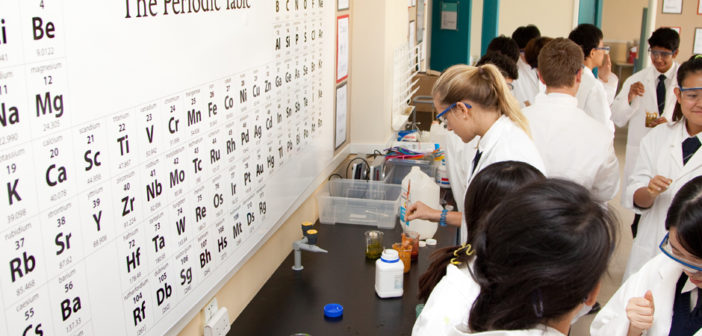Big changes are taking place at The British Schools of Beijing (BSB), parented by company Nord Anglia Education. On the heels of last year’s new performing arts collaboration with The Juilliard School, BSB has announced a new collaboration with the Massachusetts Institute of Technology (MIT) to formulate new curriculum opportunities launched in 13 schools this past October.
The new science, technology, engineering, arts and mathematics (STEAM) curriculum will enable students to use their learning to help solve real world problems in cities where environmental problems are insurmountable. Eventually the program will expand to all 43 of Nord Anglia’s international schools, a global community of more than 35,000 students.
STEAM is the 21st Century learning system adapted by many first-rate schools throughout the world, but this specific STEAM curriculum is special because of the MIT collaboration. The curriculum incorporates the expected “multidisciplinary approach to learning and problem-solving with a focus on developing robust intellectual curiosity for real-world application” but with the guidance of MIT staff, explained BSB teachers.
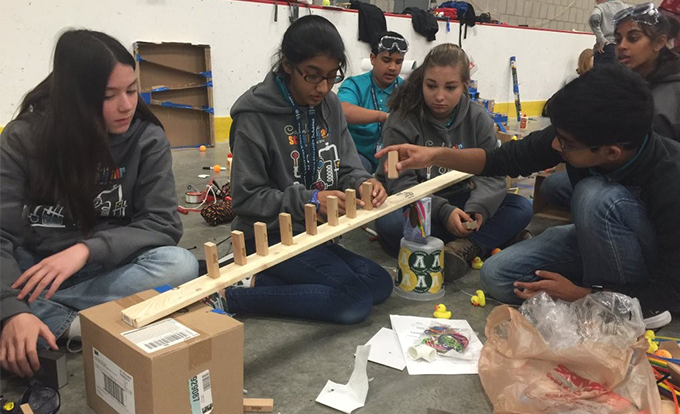
“This is an almost unbelievable opportunity for our students. It is now well accepted that STEAM initiatives are the future for our young people, as they bring a multi-disciplinary approach to the study of these most important of subjects. All great schools are moving in this direction, but the chance to develop our curriculum approach in a formal collaboration with an acknowledged world leader such as MIT is something very special indeed for us,” said Andy Puttock, Principal of The British School of Beijing, Shunyi.
The first year of this special STEAM curriculum takes place in three stages, with the first phase aimed to stimulate inquisitive thinking. “In the second phase, MIT will challenge students to identify and describe an environmental problem in their city and the impact on the overall health of the city including air, food, water, energy, transportation and waste,” stated the press release. Students will be required to use critical thinking and research skills to collect and analyze data. Finally, students will present their solutions at MIT. While there, they will have the opportunity to explore further STEAM projects and topics, collaborating with renowned MIT academics.
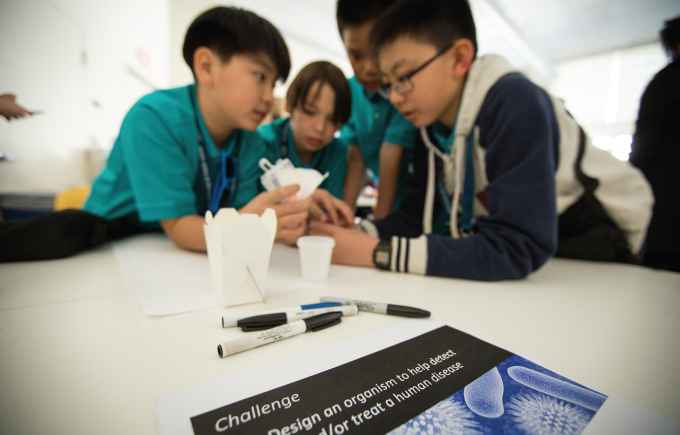
Recent education movements have challenged educators all over the world to solve the problem of giving students real skills that can be used in the workplace and solve future global problems. BSB believes “that a curriculum based around STEAM will encourage interdisciplinary learning, and will help students develop transferable skills such as creativity and advance problem-solving for jobs of the 21st century many of which have not even been invented yet.”
Professional development for BSB STEAM teachers at MIT is included in the program.
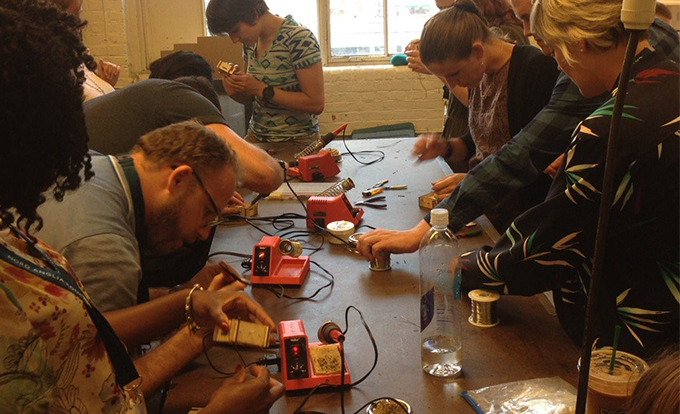
“It’s not every day that a school can say we are collaborating with the most well-known university for science, technology, engineering, arts and maths. Some of our teachers and students have already benefited from the collaboration by visiting MIT in Boston, and this is only the beginning,” said David Laird, Principal of The British School of Beijing, Sanlitun.
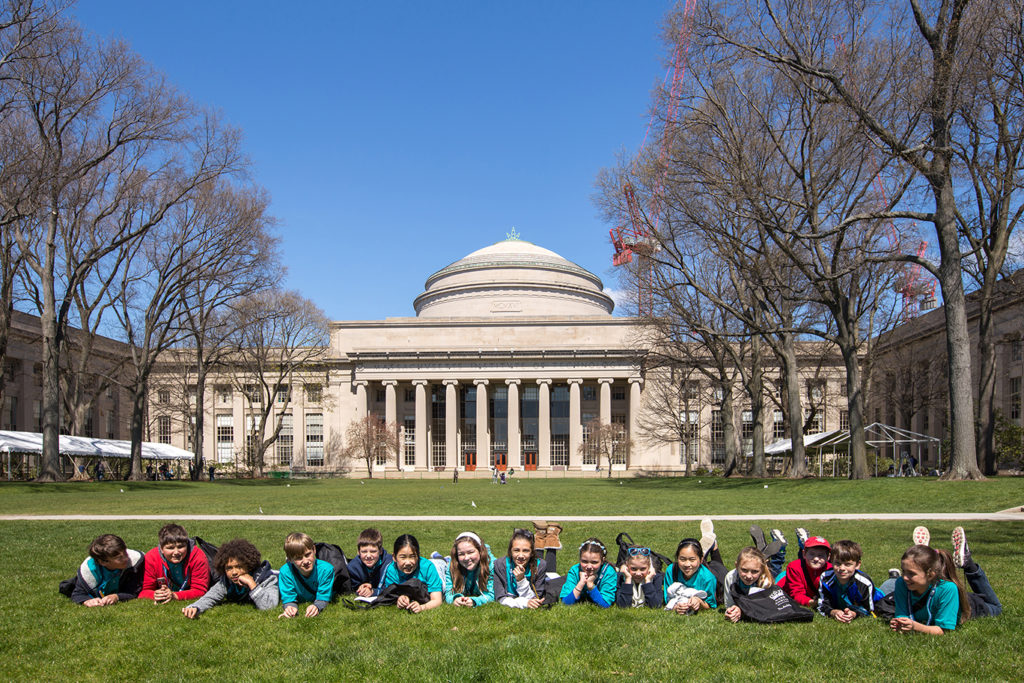
Along with annual workshops on the latest research at MIT, “BSB teachers will also learn new ways to support student creativity, invention, reflection, risk taking and perseverance through the termly STEAM challenges.” BSB teachers participating in the launch completed professional development at MIT this past summer. The workshops included combating climate change, food production technologies, city planning, gaming, and more.
If you have more questions or would like to learn more about this exclusive program, contact iris.han@britishschool.org.cn for BSB, Sanlitun, or brenda.leung@britishschool.org.cn for BSB, Shunyi.

More stories by this author here.
Email: vanessajencks@truerun.com
Twitter: @vanessa_jencks
WeChat: vanessajencks

